Biotin has been shown to help hair growth in persons with biotin deficiencies, but it does not help male pattern baldness. MPB is caused by hormones and genetics, so biotin, like a vitamin, has no role in the male balding process.
Biotin has a role in the development of healthy hair. While there is disagreement about whether or not biotin supplementation is beneficial, most current research suggests that if a person has a biotin deficiency, supplements may help, but we’ll get into more detail later.
Biotin has become increasingly popular in recent years, and the number of hair treatments that include biotin has increased from a few too many. According to Google Trends data, people are looking for information about biotin twice as frequently today as they were ten years ago. Is biotin effective in treating male pattern baldness? Not really. While biotin for men does seem to have a role in healthy hair development, it is unlikely that it will increase the number of terminal hairs on your scalp.
Here, we’ll go through how male pattern baldness develops, how biotin contributes to hair growth, and why biotin is not required for treating male hair loss. We’ll also take a look at the true significance of biotin and how it may be used in conjunction with other treatments for improving your hair health.
Contents
Is It Okay For Guys To Take Biotin?
Yes. Biotin has been shown to help thin hair on the scalp that affects the whole region. However, Androgenetic alopecia (male pattern baldness) is a localized problem and should be treated with a DHT Blocker. Nonetheless, biotin is beneficial to take when combined with a DHT Blocker since it promotes healthy hair at the whole body, including the facial and chest.
Biotin is a B vitamin that has been found to aid in the thinning of hair on the scalp. Male pattern baldness (Androgenetic alopecia) is a localized problem, and it should be treated as such.
Biotin has been shown to improve hair growth in persons with biotin insufficiency, but it does not aid in the development of male pattern baldness. MPB is caused by hormones and genetics, and because biotin is a vitamin, it has no bearing on male balding.
As we said previously, this does not imply that biotin for men is a bad idea. Just don’t expect it to regrow your hairline or cure male pattern baldness. If you’re having difficulties with hair loss and are looking for treatments that have been proved to work, there are a few FDA-approved, science-backed solutions available to help.
Finasteride, for example, works by inhibiting the formation of Reductase, an enzyme that transforms testosterone into dihydrotestosterone, which is linked to hair loss. The other option is minoxidil, a vasodilator that promotes blood flow (and with it, nutrition) to the areas on your scalp responsible for hair growth.
We’ve gone into more depth on both of these alternatives in our blog, Minoxidil vs. Finasteride, as well as the science behind how they’re both proven to work. There’s no evidence that it’s an effective hair growth supplement, and even if there were, we wouldn’t advise you to use it.
DHT is a by-product of testosterone. DHT harms hair follicles on the scalp, resulting in them shrinking. Hairs produced by those follicles tend to be thinner over time and may even stop growing. Read more about DHT’s role in male pattern baldness and biotin’s involvement.
Related articles
How To Use Prenatal Vitamins For Hair Growth
Biotin: A direct Cause or a Cure for Acne?
How Much Biotin Should A Man Take Daily?
Biotin, also known as vitamin B7, is a water-soluble vitamin that has a number of functions in the body. Biotin is frequently referred to as Vitamin H (for hair) because of its ability to restore damaged hair. Many people take biotin supplements to improve their hair, skin, and nail health. Additional study is needed, but biotin has been shown to enhance keratin infrastructure. Keratin is a fibrous protein that makes up the fundamental structures of hair, nails, and skin among other things.
In a double-blind, placebo-controlled study, biotin supplements were given to women who believed their hair was thinning. The participants had significantly more terminal hairs in the test group than the control group.
After 90 days, subjects who took the supplement reported more scalp coverage, hair thickness, and total hair volume improvements. Subjects felt greater hair shine and quality as well as improved skin smoothness and moisture retention after 180 days.
If you think you need more biotin, consider taking a biotin supplement. In a preliminary study, children with uncombable hair syndrome were given an oral biotin supplement of 0.3 milligrams three times a day. Overall, the participants showed significant improvements. Within 4 months of therapy, one of the kids exhibited hair growth improvement, combability improvement, and strength increase.
Does Biotin Affect Testosterone Test?
There is no evidence that biotin supplementation affects testosterone levels thus far. There are no known interactions between biotin and the enzymes that break down testosterone. However, high doses of high-dose biotin supplements might theoretically decrease the impact of commonly used medications that employ these enzyme pathways to be eliminated from the body.
This is a theoretical problem, but it’s still wise to consult with your doctor before taking high-dose biotin supplements if you’re currently on medications that use these enzyme pathways for clearance from the body. There isn’t enough evidence to suggest large doses of biotin improve hormone levels or trigger male pattern baldness in men.
Does Biotin Regrow Hair?
Biotin is essential for the formation of keratin, which is important in hair development. Keratin is a major protein that contributes to the strength and vitality of the hair shaft.
Biotin deficiency can result in poor hair growth and loss. However, because most people have sufficient amounts, taking additional biotin through supplements is unlikely to benefit you. In reality, despite claims by the manufacturers of these products that they promote hair development, there is little evidence to support this.
Biotin supplements were discovered in a 2017 analysis to promote hair development in individuals with an underlying biotin deficiency. However, due to the scarcity of this condition, the researchers stated that these drugs are ineffective for most people.
Biotin supplements, on the other hand, have no effect on hair growth.
Biotin is a B vitamin (specifically, vitamin B7) that works as an important bodily component. Biotin aids in the conversion of carbohydrates, fats, and protein into energy. It’s also involved in cell communication (how cells communicate), cellular signaling, and skin and hair development.
Meat, fish, and eggs (a whole egg contains one-third of your recommended daily amount) contain biotin. Nuts and seeds, as well as vegetables like sweet potatoes, spinach, broccoli, and cauliflower, are also rich in this vitamin.
The National Institutes of Health’s Office of Dietary Supplements says that adults should consume 30 micrograms (mcg) of biotin each day. The majority of people get enough biotin from their diets; it’s practically unheard-of to suffer from a biotin deficit.
Biotin Deficiency
Biotin deficiency is exceedingly uncommon since the vitamin can be found in a variety of foods and is produced in the body by intestinal bacteria. Children, pregnant women, those who misuse alcohol, and individuals with biotinidase deficiency an enzyme that breaks down free biotin into inactive forms are all at risk of moderate biotin deficiency.
Eating raw egg whites on a regular basis might lead to secondary biotin insufficiency. Raw whites have avidin, which hinders the absorption of biotin. As a result, before consuming them, boil your egg whites.
Hair loss and a scaly, red rash around the mouth, eyes, and nose are two signs of biotin deficiency.
If you don’t have enough biotin in your body, it can help to stop hair loss. Biotin deficiency is a very unusual condition, occurring in only one person out of 140,000 every year. Biotinidase deficiencies are rare; on average, one per 140,000 people has them, with symptoms generally appearing within the first few months of life.
Biotin deficiency symptoms can range to all the way to hair loss. People who are deficient in biotin frequently have scaly, red skin around their eyes, nose, mouth, and genitals. Epileptic episodes, tiredness, numbness in hands and feet, hallucinations, and sadness are other common signs.
Nails that break easily might be a sign of biotin deficiency. Low biotin levels have also been linked to an inability to eat properly. You should not worry about biotin causing your hair loss as a general rule. Within the male gender, biotin-related hair loss is extremely uncommon, making it much more probable that your hair loss is caused by a hereditary and hormonal issue.
Biotin Side Effects for Men
Biotin supplements, on the other hand, can do a lot of damage if taken in excess. Manufacturers have developed biotin-containing products in massive amounts. Some product lines intended to promote “healthy hair, nails, and skin” includes hundreds of times the daily amount of biotin. For example, The NIH recommends consuming 30 mcg each day, and some biotin pills on the market contain 10 thousand mcg per dose.
Biotin is not poisonous in itself; it’s a water-soluble vitamin, which means it doesn’t accumulate in the body. If you take huge doses, you’ll most likely just pee out the extra.
The danger is that high doses of biotin can alter blood test results, including hormone and heart tests. In 2017, the FDA released a warning about this issue, resulting in at least one reported death. A patient taking excessive amounts of biotin suffered a heart attack despite the fact that his troponin levels were thrown off by another blood test for troponin, a protein that may indicate cardiac damage.
High doses of biotin have caused thyroid tests to be abnormal in some people, resulting in them being diagnosed with Graves’ disease when they did not, in fact, have the disease.
List Of Vitamins For Men Hair Loss
Biotin has not been found to be helpful in the treatment of male pattern baldness. The good news is that a variety of things may be used to treat it. If you’re going through hair loss, talk to your dermatologist or health care provider about whether any of these might work for you.
Vitamin D
Before you start taking biotin, you might want to see whether vitamin D will help. Vitamin D can aid in the prevention and treatment of male pattern baldness and telogen effluvium (TE), hair loss caused by stress or trauma, according to a study published in The Journal of Clinical Investigation.
Researchers discovered that balding men had lower vitamin D levels than non-balding men in one research of 45 male pattern baldness patients and 45 control individuals. Those with the lowest vitamin D levels had more severe hair loss, according to Gade.
Researchers compared the vitamin D levels of 30 men with male pattern baldness and 30 men without in a second study. The researchers found that 96.7 percent of the balding males were vitamin D deficient, as opposed to just 73% of the non-balding males. According to this research, there was no link between D levels and how bad your hair loss is.
Finasteride
Finasteride is a 5-alpha-reductase inhibitor that is taken by mouth. It prevents testosterone from being converted into DHT. According to the American Hair Loss Association, finasteride helped men stop hair loss in 86 percent of those who took the medication in clinical trials and 65% had increased hair growth. Minimal adverse effects have been reported, although they have occurred.
Minoxidil
Minoxidil is a topical solution or foam that you apply to your scalp. It’s a peripheral vasodilator, which means it promotes the widening of blood vessels and increased blood flow. Minoxidil and finasteride used together were found to be more effective than either one alone in certain types of baldness, according to studies.
Vitamin A
Vitamin A is essential for the growth and maintenance of epithelial tissues in your skin and hair, according to studies. It aids sebum production by skin glands and hair follicles, which helps to moisturize and nourish the scalp while also maintaining healthy hair.
Vitamin C
Vitamin C is a popular antioxidant that may help to reduce oxidative stress and damage caused by free radicals. Vitamin C, one of the most potent antioxidants, combats oxidative stress and damage caused by harmful free radicals. Oxidative stress causes hair loss by actively harming proteins and cellular membranes, which might result in hair loss over time. Vitamin C also contributes to the formation of collagen, an important protein that is a component of all connective tissues, including skin, muscles, and hair.
Zinc
Zinc is a mineral that is required for the growth and repair of hair tissue, as well as the oil glands in the hair follicles. Zinc insufficiency has also been linked to hair loss. Zinc supplementation has been found to aid in the maintenance of healthy hair and prevent zinc deficiency.
Maintaining the proper balance of nutrients is not only good for your hair, but it’s also beneficial to your health as a whole.
The Bottom Line
If you notice more hair at the bottom of your shower drain every morning, it’s only natural that you’d want to do everything possible to stop it.
Is biotin the solution? Probably not in all honesty. However, there’s no evidence that it can be harmful, especially if you’re one of the few people who are biotin deficient.
Fortunately, this does not imply that your hairline is doomed. There are alternatives available to you. We’ve also covered several more hair loss treatment choices in our Guide to Male Pattern Baldness, aside from minoxidil and finasteride.
If you want to address your hair loss concerns, the best thing to do is contact a qualified healthcare professional.
Read More About:
10 Tips On How To Use Biotin for Weight Loss
How much biotin should I take in a day?
How to use Biotin For Beard Growth? Does it really work?
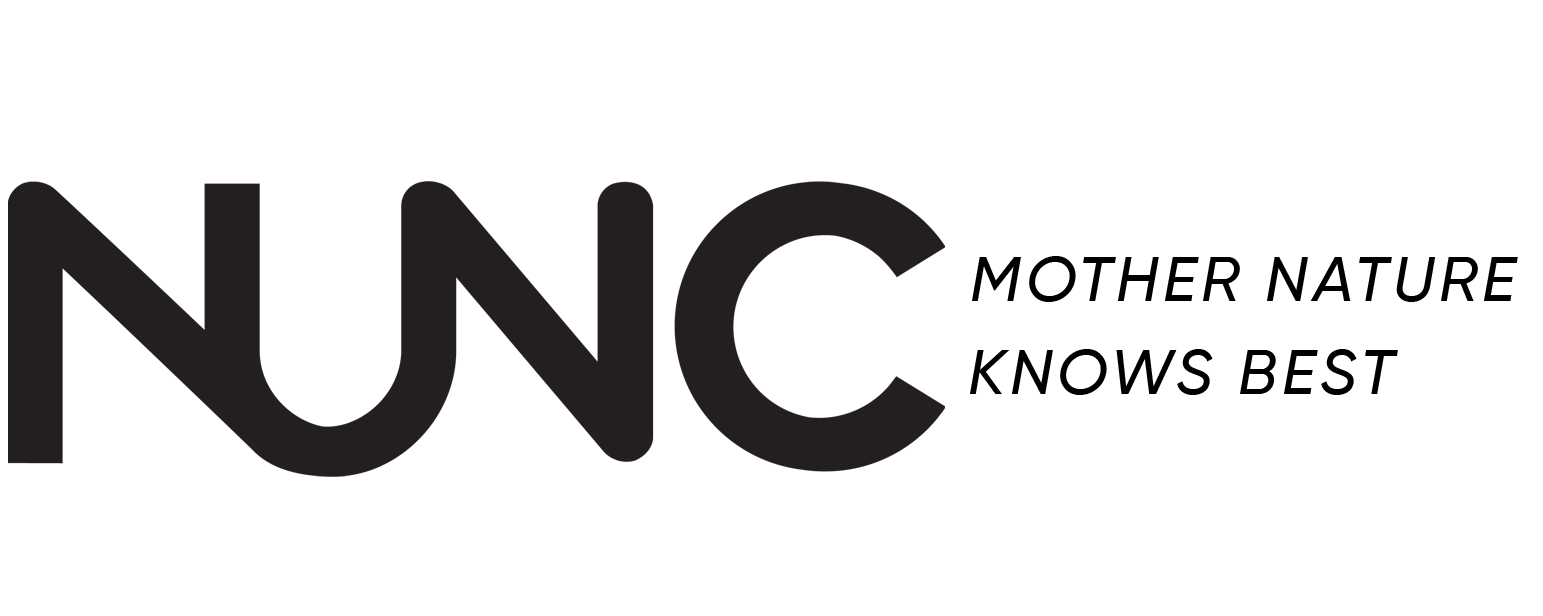
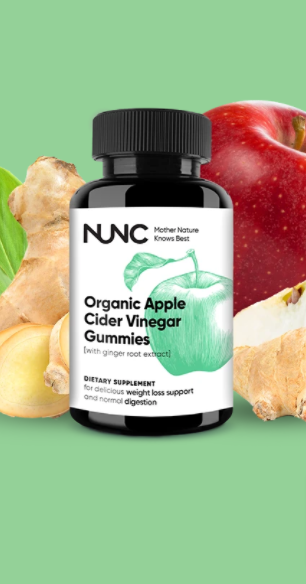



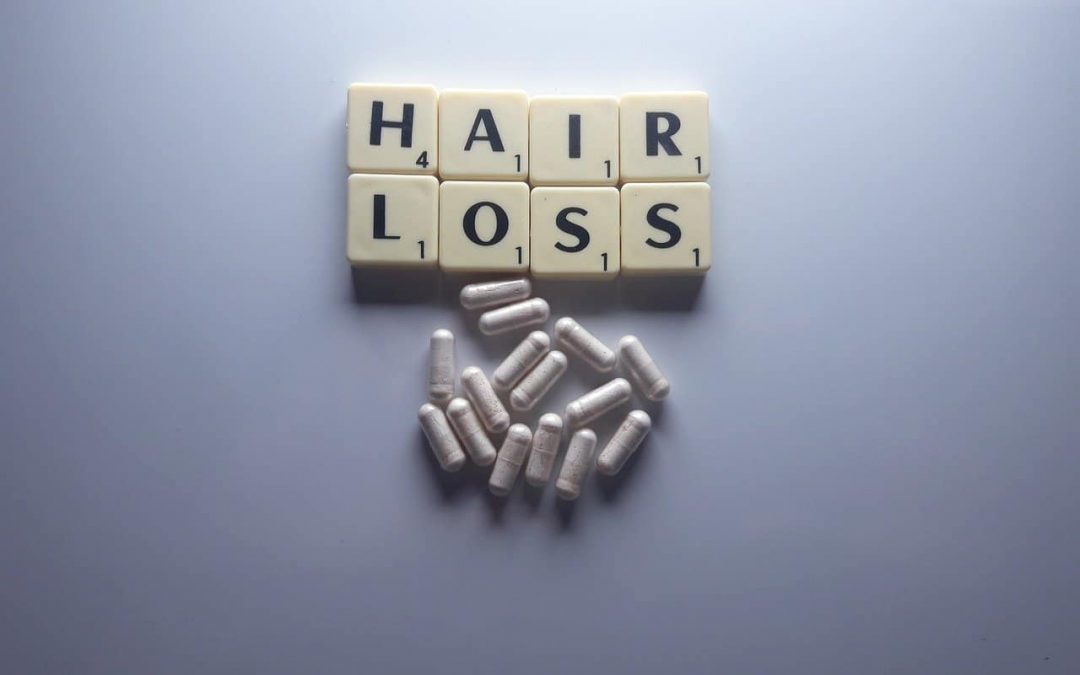
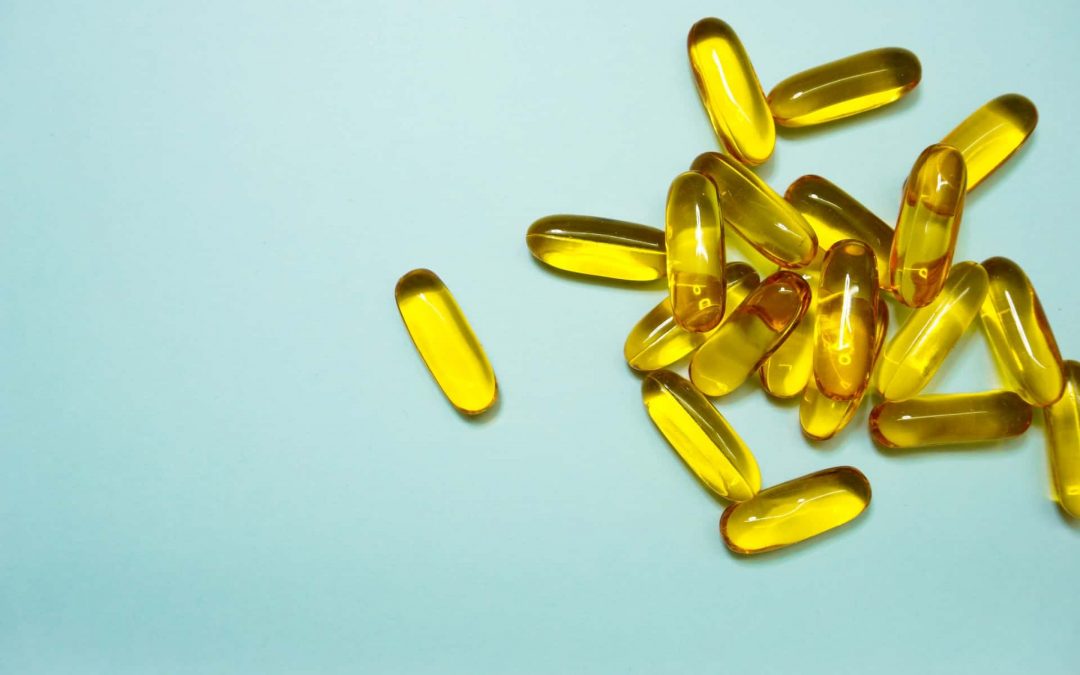
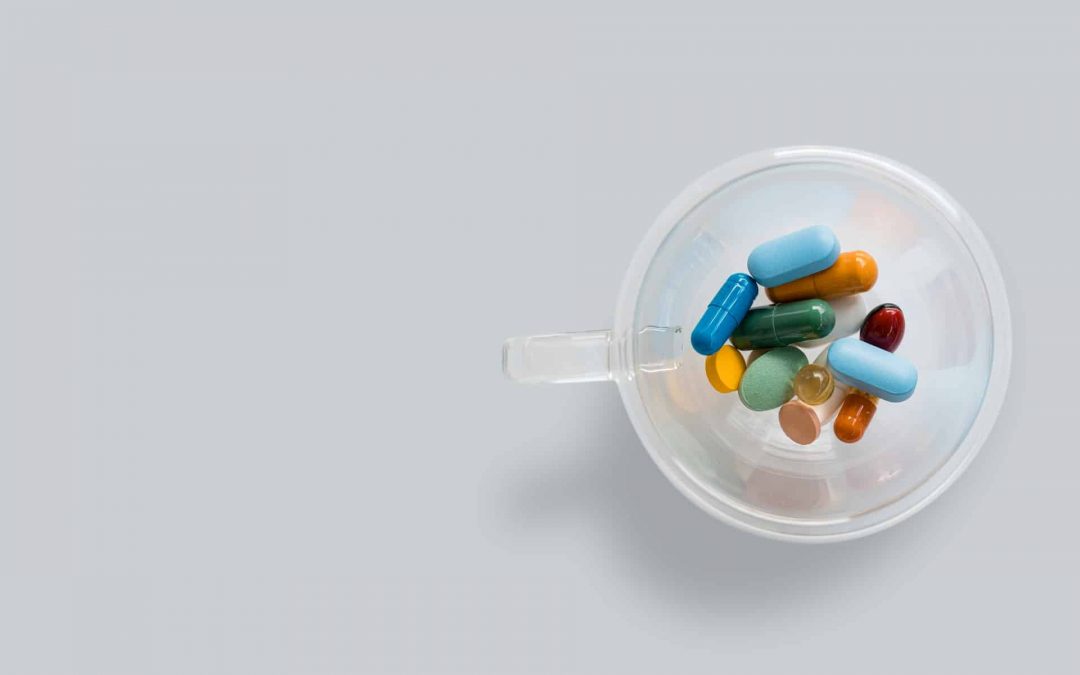
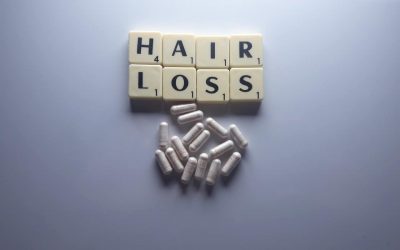
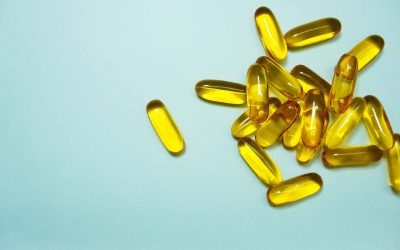
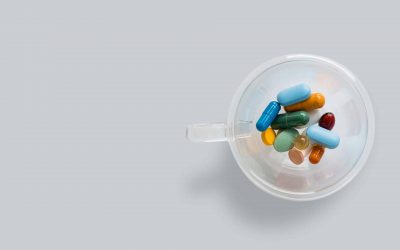
0 Comments